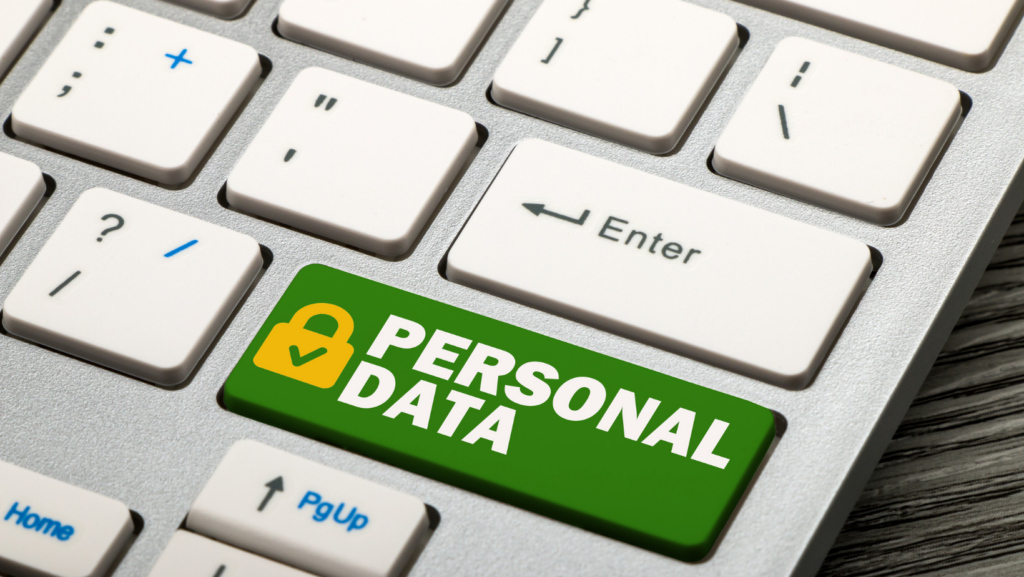In today’s data-driven world, collaborations between organizations or individuals are more common than ever. Yet, a crucial aspect often overlooked is determining data ownership. This decision can significantly impact how data’s accessed, shared, and protected throughout the partnership. Understanding who holds the rights in any collaboration data ownership is typically determined by the data clarity and this prevents potential conflicts.
In any collaboration data ownership is typically determined by several factors, including the nature of the agreement, contributions of each party, and the intended use of the data. Legal frameworks and contractual terms play a pivotal role in outlining these ownership rights. By establishing clear guidelines from the outset, collaborators can safeguard their interests and foster a more productive relationship.
Navigating the complexities of data ownership requires a keen understanding of both legal and practical considerations. As collaborations continue to evolve, so too does the importance of clearly defining who owns the data, ensuring that all parties are aligned and protected in their shared ventures.
In Any Collaboration Data Ownership is Typically Determined By

In any collaboration data ownership is typically determined by collaborations involving specified rights and responsibilities over shared data. Ownership often ties to several factors including legal agreements, contributions, and data utilization. These elements help define who controls, accesses, modifies, or distributes data within partnerships.
Legal frameworks significantly influence ownership rights. Contracts or agreements delineate terms, ensuring all parties recognize ownership claims and restrictions. Intellectual property laws, privacy regulations, and industry standards may also dictate ownership parameters.
Factors Influencing Data Ownership
Data ownership in collaborations is shaped by several key factors. These determine the rights and responsibilities over shared data.
Legal Agreements and Contracts
Legal agreements and contracts form the foundation of data ownership. Parties outline terms and conditions specifying ownership rights. Contracts often include clauses on data usage, sharing restrictions, and liability. Intellectual property laws further define permissible actions concerning data, ensuring compliance and protecting proprietary interests. These legal instruments provide clarity and reduce disputes.
Nature of the Data

The nature of the data influences ownership decisions. Sensitive information like personal data or proprietary algorithms demands stringent controls. Ownership frameworks vary based on whether data is raw, processed, or derivative. For example, raw data from sensors may require different ownership criteria than analyzed insights. This differentiation requires careful assessment to align with data governance frameworks.
Contribution of Each Party
Contributions from each party significantly affect data ownership dynamics. Entities providing primary data or valuable resources may possess greater ownership claims. Conversely, parties offering analytical insights or technological support might negotiate shared rights. The proportional contribution typically correlates with negotiated control and access to the data. A transparent evaluation of contributions fosters equitable ownership distribution.
Common Models of Data Ownership
Various models determine data ownership in collaborations, each offering distinct advantages. These models help define the rights and responsibilities of all parties involved.
Joint Ownership
Joint ownership involves multiple parties holding equal rights to data. Each member has the authority to access, use, and modify data, provided the terms of the agreement are respected. This model suits collaborations where all contributors provide equal input, such as shared research initiatives. However, it requires a robust governance structure to manage decision-making and ensure that conflicts are minimal.
Exclusive Ownership

Exclusive ownership assigns data rights to a single entity or individual. This party has complete control over data access and usage decisions. It’s optimal for partnerships where one party provides the majority of resources or expertise. Intellectual property rights laws often support exclusive ownership, ensuring that data control and responsibilities are clear. It’s efficient but must address potential imbalances in contributions through fair compensation or recognition.
Shared Custody Agreements
Shared custody agreements offer a balanced approach, distributing rights according to each party’s contributions and needs. These agreements specify roles explicitly, often involving oversight committees to manage access and modifications. Projects integrating distinct but complementary data types benefit significantly from this model, encouraging collaboration while safeguarding each party’s interests.
Challenges and Disputes in Data Ownership
Data ownership in collaborations often leads to challenges and disputes, as parties navigate complex issues that arise from intellectual property, privacy, and security concerns.

